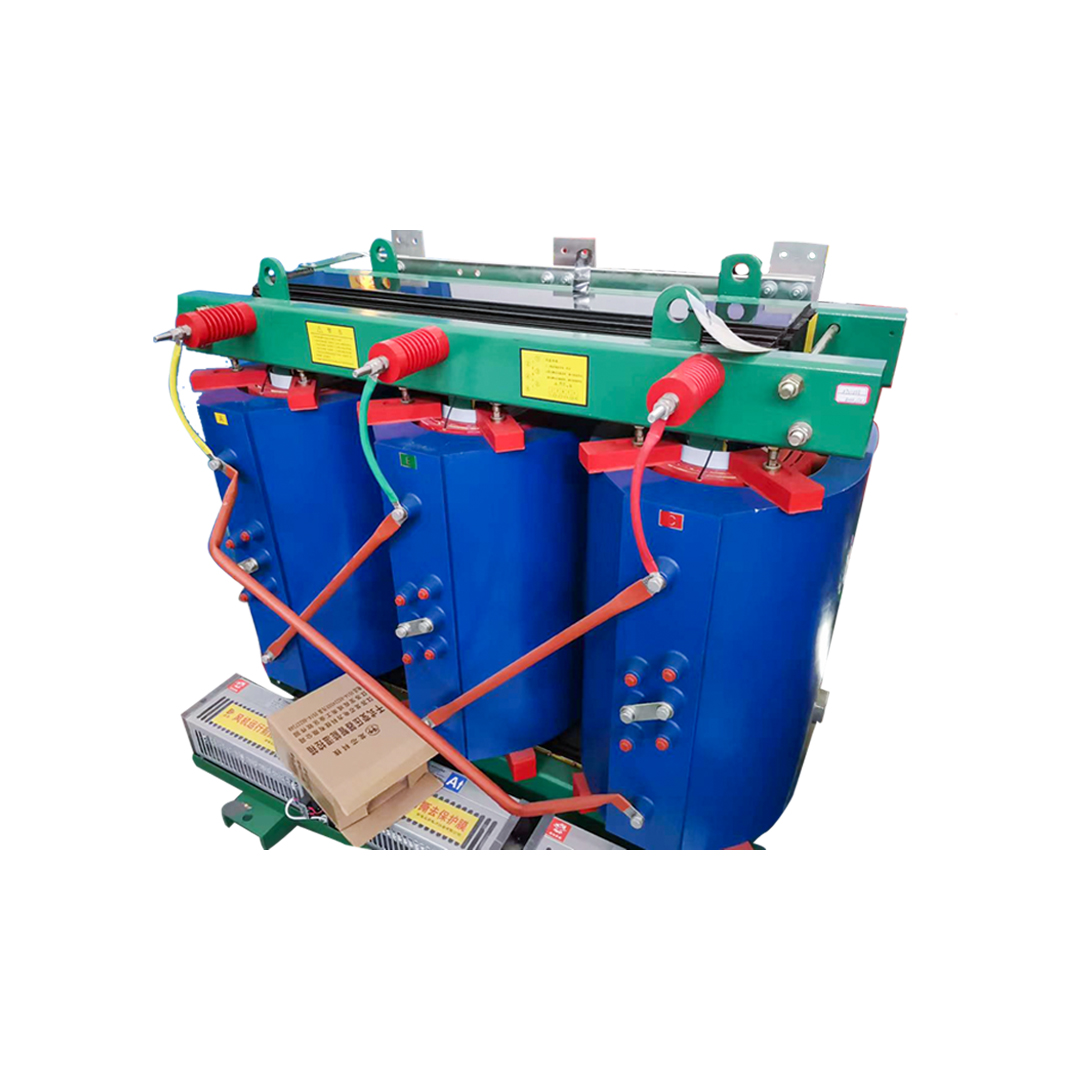110kv Ultra-High Voltage Power Transformer
5MVA 110KV
See DetailsIn the evolving landscape of electrical power distribution, transformers play a critical role in ensuring stable and efficient energy transfer. Over the years, transformer technology has seen remarkable innovations, particularly in the field of insulation. One such advancement is resin cast insulation technology for three-phase dry-type transformers, which is rapidly gaining traction due to its unique benefits in enhancing transformer performance and energy efficiency. In this article, we’ll explore how resin cast insulation contributes to improving transformer efficiency and why it is becoming an industry standard.

What is Resin Cast Insulation?
Resin cast insulation involves the use of a specially formulated resin (typically epoxy or polyester-based) that is poured over the transformer windings, creating a solid, durable, and highly insulated structure. Unlike traditional paper-oil or synthetic insulation, resin cast insulation forms a complete encapsulation of the core and windings, offering several key advantages over conventional insulation methods.
Key Benefits of Resin Cast Insulation for Efficiency
Enhanced Thermal Performance
One of the main challenges in transformer operation is managing heat. Heat buildup can significantly reduce the lifespan of a transformer and impact its efficiency. Resin cast insulation provides excellent thermal conductivity, which helps dissipate heat more effectively than other insulation methods. The solid, dense nature of the resin improves the overall cooling process, allowing the transformer to maintain optimal operating temperatures even in high-load scenarios.
Thermal stability of resin cast materials ensures that transformers can operate at higher power ratings without overheating, contributing to better energy efficiency.
Improved Dielectric Strength
The resin used in insulation provides exceptional dielectric strength, which allows for better resistance to electrical stress. This means the transformer can operate at higher voltages without the risk of insulation breakdown. With resin cast insulation, the transformer is less prone to internal arcing, which can lead to energy loss and, in some cases, transformer failure.
Higher dielectric strength ensures minimal energy leakage, directly contributing to better overall efficiency and performance.
Reduced Maintenance and Downtime
One of the standout features of resin cast transformers is their low maintenance requirements. Since the resin acts as both insulation and protection, the risk of moisture ingress, dust accumulation, and environmental contaminants is significantly minimized. This results in fewer failures, longer operational lifespans, and reduced maintenance costs.
Fewer breakdowns mean the transformer operates at peak efficiency for longer periods, reducing the need for costly repairs or replacements.
Compact and Lightweight Design
Resin cast three-phase dry-type transformers are generally more compact and lighter than their oil-filled counterparts. The resin casting allows for a more efficient use of space within the transformer design, optimizing the internal components and reducing the need for excessive cooling equipment. This compactness means less energy is required to operate auxiliary systems, improving the overall efficiency of the unit.
The lightweight nature of the transformer also makes it easier to transport and install, further enhancing operational efficiency.
Sustainability and Environmental Benefits
Another key factor driving the adoption of resin cast insulation in transformers is its environmental sustainability. Unlike oil-filled transformers, which require careful disposal of used oil, resin cast transformers do not pose a risk of leakage or environmental contamination. The resin materials themselves are often recyclable, and since these transformers do not rely on toxic or flammable oils, they contribute to reducing the environmental footprint of electrical infrastructure.
Eco-friendly design reduces the risk of hazardous material spills and promotes safer urban installations.
Applications in Various Sectors
Resin cast three-phase dry-type transformers are increasingly being used across several industries due to their efficiency and reliability. Some of the key applications include:
Industrial Manufacturing: In high-demand industrial environments, where consistent and efficient power is essential, resin cast transformers can provide superior energy savings and reliability.
Commercial Buildings: High-rise buildings and commercial complexes benefit from the compact design and reduced fire risk of resin cast transformers, all while maintaining energy efficiency.
Renewable Energy Integration: With the growth of renewable energy sources such as wind and solar power, transformers equipped with resin cast insulation technology offer enhanced performance in off-grid and remote locations.
Conclusion
Resin cast insulation technology has revolutionized the design and operation of three-phase dry-type transformers, offering significant improvements in efficiency, reliability, and sustainability. The superior thermal performance, enhanced dielectric strength, and minimal maintenance requirements make it an ideal choice for a wide range of applications, from industrial power systems to renewable energy integration.
Contact Us